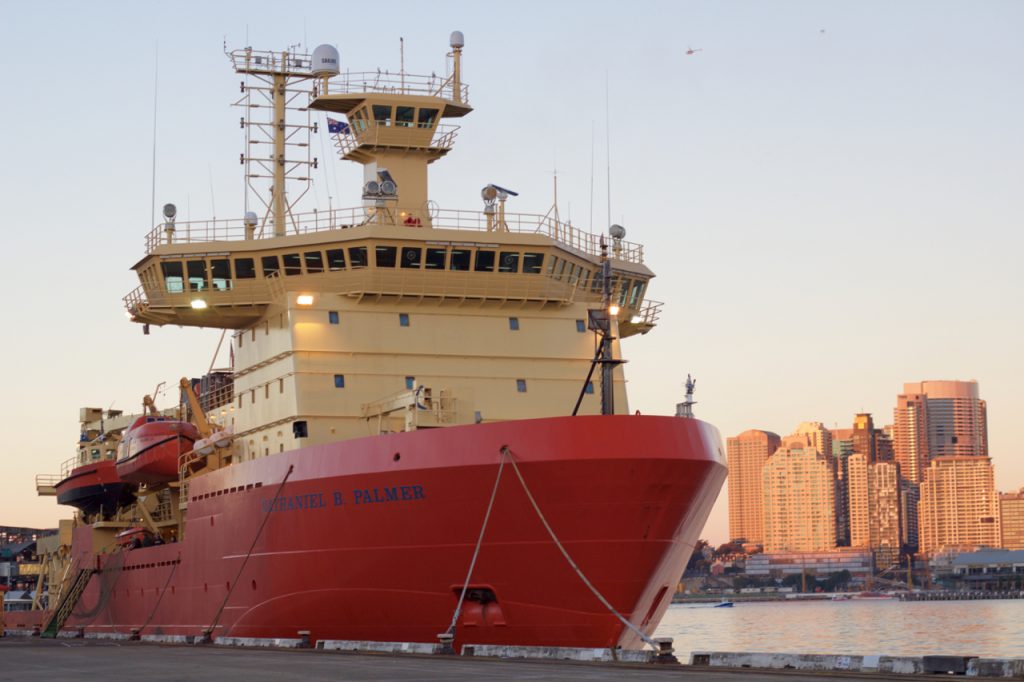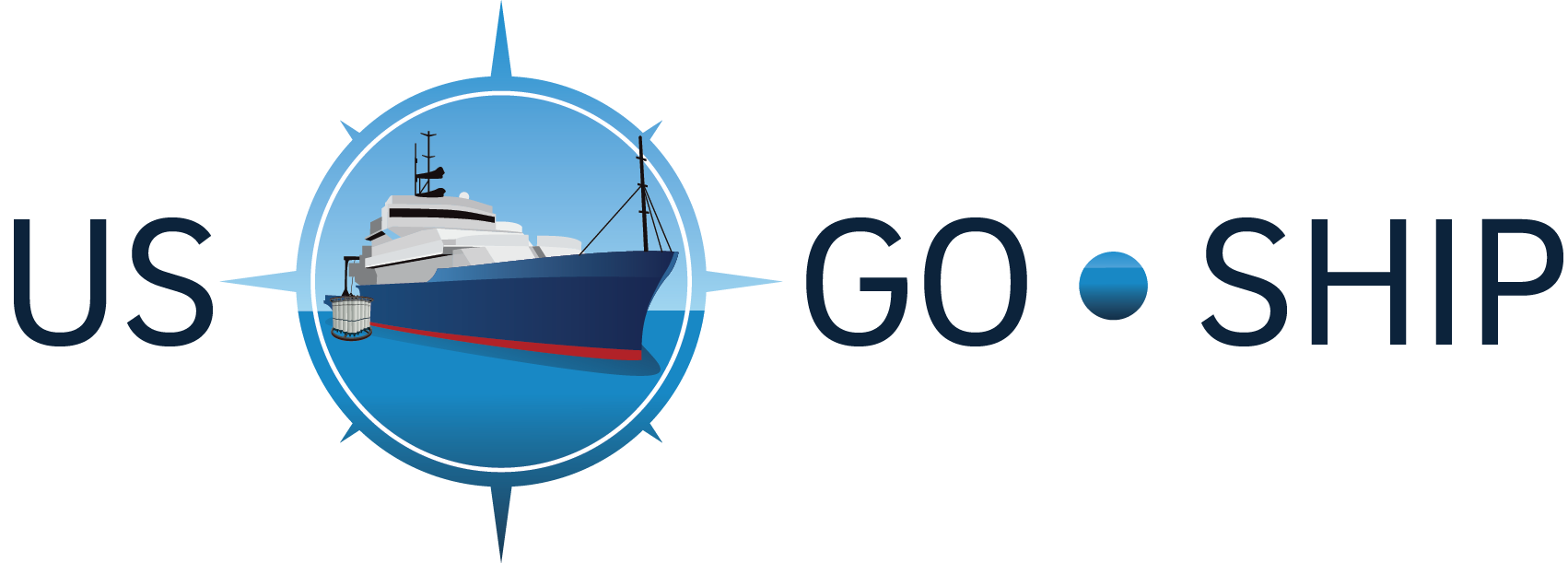In unilateral recognition of the international importance of these globally distributed repeat hydrographic sections, and as an example to other nations, the U.S. has chosen to adopt an early release data policy which provides rapid access to all U.S. repeat hydrographic data to all investigators. Thus the following data policy for hydrographic observations has been adopted:
- Observations are made publicly available in preliminary form through the specified data assembly centers (the CLIVAR and Carbon Hydrographic Data Center – CCHDO for CTD and bottle data) as soon after collection as is practical (early release), with final calibrated data provided publicly when available. Collection is interpreted as the completion of the determination of the value of the particular parameter. Thus, for example, tritium/helium collection may not be complete for over a year after return to shore/laboratory. Timelines for each type of data are given below.
- All data collected as part of the repeat hydrography program will be submitted to a designated data management structure for quality control and dissemination for synthesis.
- Ultimately, all U.S. oceanographic data must be archived with the National Oceanographic Data Center, following timelines set by the funding agencies.
This data policy achieves at least two objectives:
- It allows data to be incorporated in a variety of analyses, including data assimilation, as soon as possible after collection, and carried out by numerous investigators, consonant with data policies for more rapidly sampled ocean observation programs, such as ARGO, VOS and satellite observations programs, as well as atmospheric observation programs.
- Reduction in the lengthy delays in data availability that occurred during previous work, such as WOCE, despite a stated maximum two-year proprietary period.
The early release policy for repeat hydrographic data recognizes that these data are a publicly funded asset of significant scientific and societal importance.
It is recognized that well-qualified, experienced and highly-motivated investigators are necessary for success of the observation programs. The U.S. program involves such investigators in acquisition of the data sets, for example, by supporting their participation at sea. Data analyses carried out through academic institutions are funded separately through competitive proposals.
International GO-SHIP does not require that participating nations subscribe to this policy of immediate data release. Most, if not all, other nations’ GO-SHIP cruises adhere to the WOCE requirements of a two-year release from time of analysis. Some nations or individual investigators are making at least some of their data available rapidly, similar to the U.S. policy.

